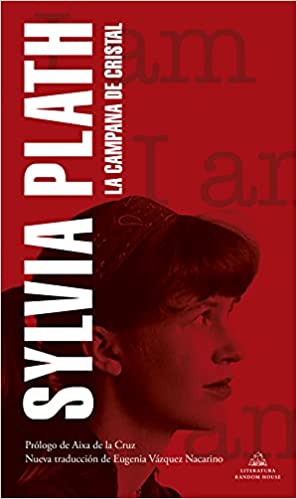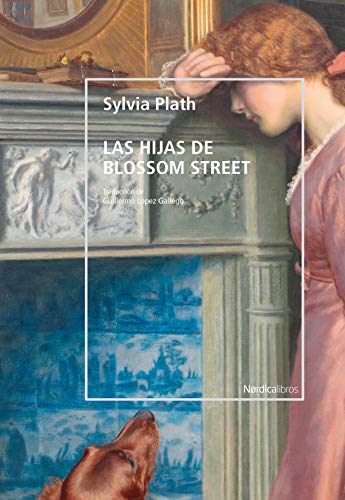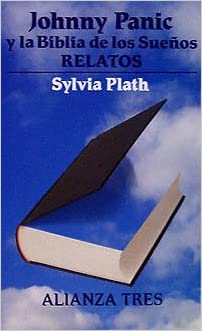The truth is that to consider her primarily a poet, prose is given more than good to Sylvia Plath. And yes, I am sorry to disappoint the many fans of this author because I have brought her here to talk about her more narrative side.
In Plath's capacity and diversity, the imprint of a complete author is evident whose novelistic or short-story forays do not populate her bibliography, but they do truffle that chronicle full of captivating or soulless lyricism, depending on the touch. Because each action, scene or even decision takes on that meaning of the transcendent for better or worse, reaching heaven or reaching hell at every step.
The great virtue of poets is that, giving greater significance to the anecdotal, charging the moment and its words with northern lights, making rhyme the rhythm of life. And they can't help it. Sylvia Plath cannot stop weaving her plots with that poetic, fragile, sparkling silver thread. The ornament that ends up compacting everything, giving it a meaning that nothing else achieves.
Sylvia Plath's Top 3 Recommended Books
The bell jar
It happened to Virginia Woolf and it also happens to Sylvia Plath. I am referring to that tiredness of the social, that aspect of uncomfortable coexistence with equals, even of a certain animosity... Particular sensations regarding life in society that favors in Plath a possibility to reflect in her characters that estrangement that sometimes governs us between what that we think we know.
This is the story of a girl who has everything a young woman could wish for in XNUMXs New York: a promising career, a suitor studying medicine, and a lifetime ahead of her. Esther Greenwood has won a scholarship to work at a fashion magazine in the big city and feels that she will finally be able to fulfill her dream of being a writer.
But between cocktails, party nights and piles of manuscripts, he discovers a society that repudiates the aspirations of women and his life begins to unravel. Esther - the author's alter ego - closes in on herself, as if she were trapped in a glass bell: continually breathing the same stale air and with no possibility of escape.
More than fifty years after its original publication, The bell jar it has become a modern classic, and Plath's words, with the new translation by Eugenia Vázquez Nacarino, retain all their impact. This iconic work, as Aixa de la Cruz says in the prologue, "travels to the present like an electric current and challenges us from you to you, without mediation."
The daughters of Blossom street
As restless inhabitants of a world that does not correspond to them, the muses stir restlessly amid the mediocrity of our world. And as soon as they flap, spreading their light, they torment the souls of authors like Plath.
The Daughters of Blossom Street It is part of the collection of stories, essays and fragments of his diaries, which stand out for their fierce concentration on art, the vitality of his intelligence and the longings of his imagination. Plath's early preoccupation with the problems derived from mental illness is appreciated in these writings; the complex processes of creativity and, notably, a diversity of themes that have femininity as a central axis.
Johnny Panic and the Dream Bible
The threading of a considerable set of stories, let's say thirty, is not something easy to achieve without getting entangled in stridencies or hooks that are difficult to resolve. But poetry can do everything, musicality orchestrates the thematic differences of all these stories. As in preparation for the concert, each instrument sounds different, marking its notes. The whole is fascinating from the confusion to the silence that ends up marking the end, and the beginning of the concert that remains afterwards in the reader's imagination...
It was initially published in 1977 as a collection of thirty-one short stories, including the title story. Like many of the works of Flat were discovered over the years, a second edition was published with a variety of new stories. The second edition is divided into four parts, and includes new stories, some of which were very personal to Plath. Like Plath's husband on his deathbed in 1963, poet friend and writer Ted Hughes handled the publication and distribution of all of her unpublished works, including her poetry.



